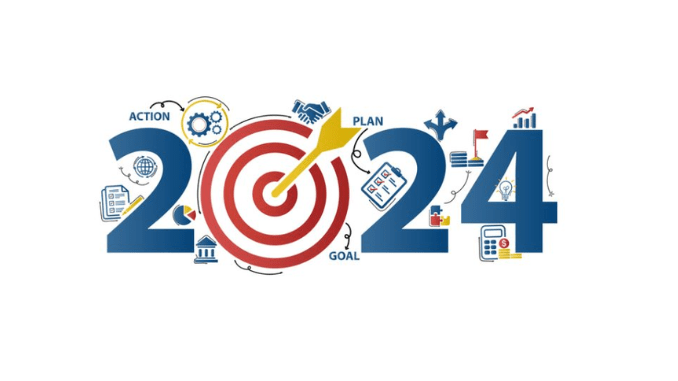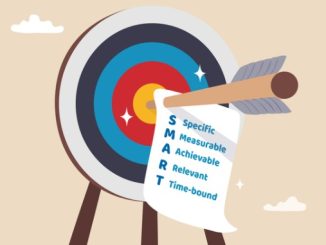
As the clock struck midnight on New Year’s Eve 2023, millions of Britons engaged in the time-honoured tradition of making resolutions for the year ahead. Among the top priorities are aspirations to boost income, enhance personal well-being, and shed those extra pounds
CREDIT: This is an edited version of an article that originally appeared on Loughborough University
The hurdle of vagueness
However, the road to resolution success is paved with good intentions but often marred by vagueness. A study conducted by Strava, a popular app tracking physical activity, forecasts that a considerable number of these resolutions will bite the dust by January 19. One key culprit behind this early derailment is the nebulous nature of the goals set. Whether it’s aspiring to be healthier, happier, or wealthier without specifying the details, vague resolutions lack the necessary direction for accomplishment.
The challenge with vague objectives lies in their inability to provide a clear trajectory. Without a precise destination, it’s akin to embarking on a journey with no map – unclear about the distance to cover, the obstacles en route, and the necessary preparations. To succeed, we need a well-defined roadmap, illuminating the path towards our goals.
The effort paradox
In the pursuit of self-improvement, we often set lofty goals as a means of challenging ourselves. This paradox, known as the “effort paradox,” stems from our brains’ love for the idea of effort, while simultaneously finding it discomforting in reality. The allure of feeling fulfilled by accomplishing a difficult goal can overshadow the discomfort of the journey. However, this ambition can lead to unrealistic expectations and contribute to the abandonment of resolutions.
The lazy brain syndrome
Our brains, in their quest for efficiency, resort to forming habits – mental shortcuts that enable us to navigate the world with minimal conscious effort. These habits become deeply ingrained over time, manifesting as routine behaviours. Whether mindlessly reaching for biscuits during TV time or hitting the snooze button at the sound of the alarm, our brains tend to favour the familiar, pleasurable options. Breaking these habits requires rewiring the neural pathways, a process met with resistance as our brains recoil from discomfort.
Status quo bias: The comfort zone trap
The status quo bias, a pervasive phenomenon, plays a significant role in the abandonment of resolutions. The inclination to stick to existing mindsets and habits, even if they are counterproductive, stems from a desire to avoid the discomfort associated with change. As our brains resist the rewiring process, there is a natural gravitation towards the familiar, leading us back to the status quo.
As we embark on the journey of New Year’s resolutions, it’s essential to chart a course with clarity and specificity. Avoiding the pitfalls of vague aspirations, understanding the effort paradox, and recognising the lazy brain syndrome are crucial steps. Breaking free from the status quo bias requires persistence and a willingness to embrace the discomfort of change. Will 2024 be the year we redefine success in our resolutions? Only time will tell, but armed with understanding and determination, the odds may just be in our favour.


Be the first to comment